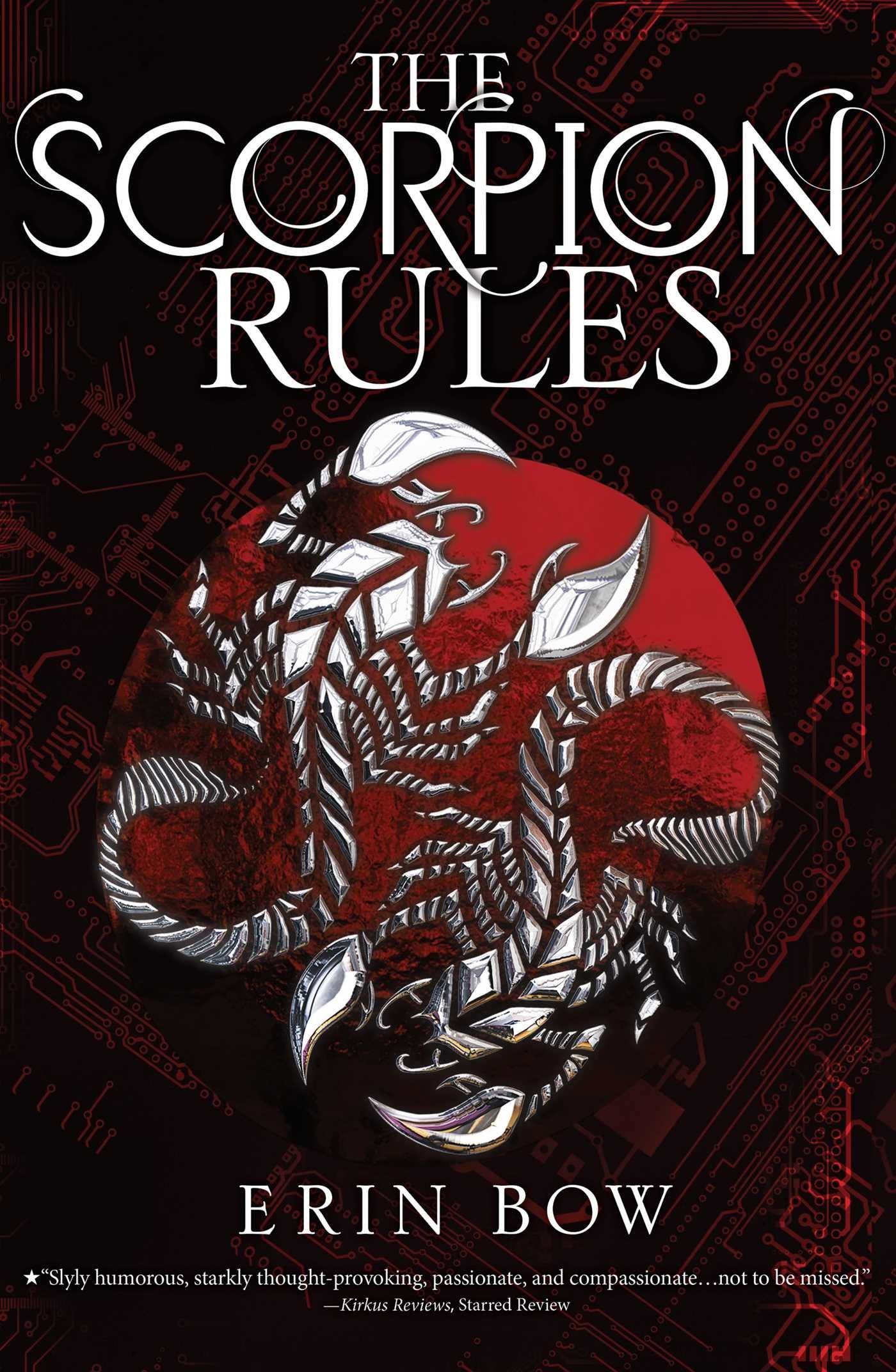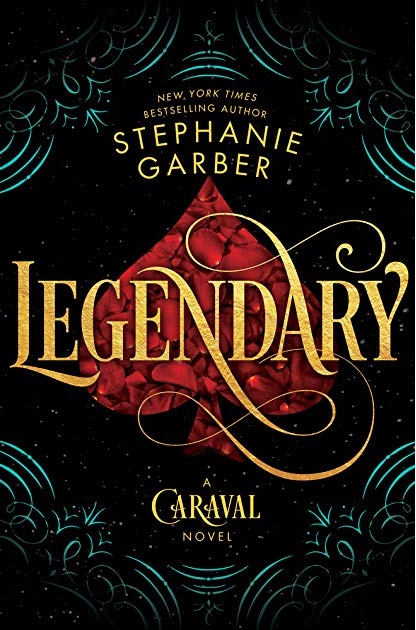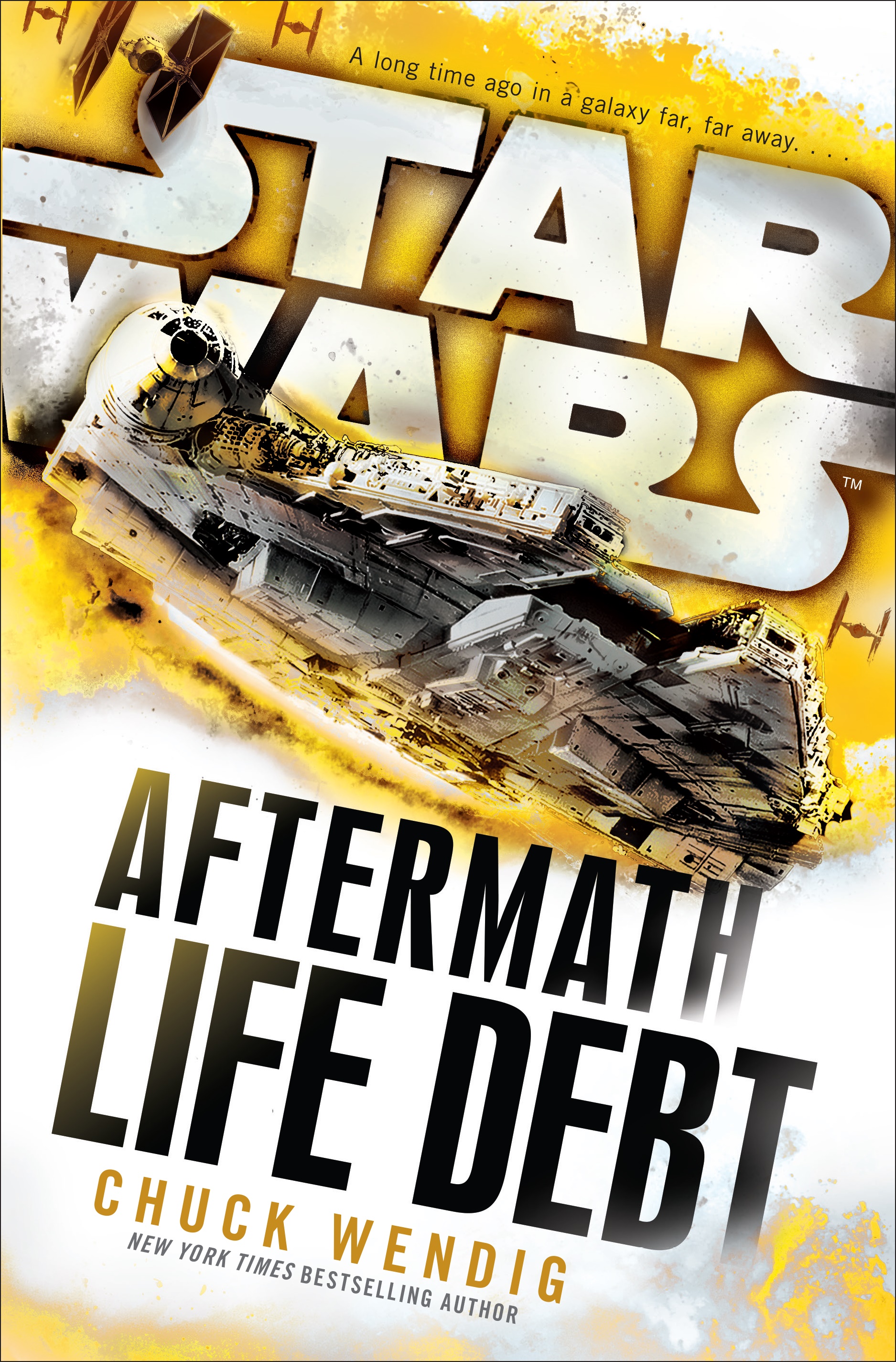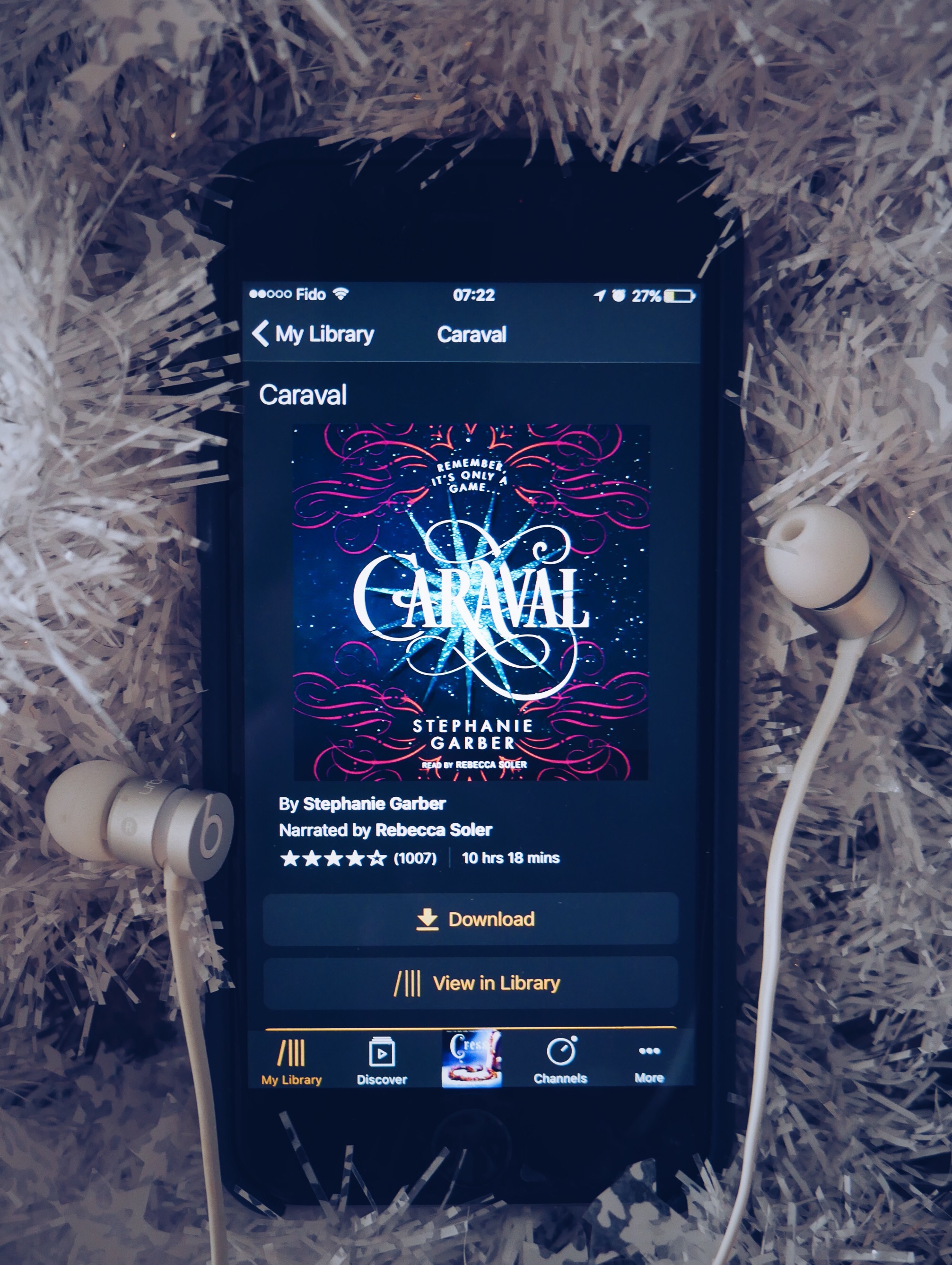
I purchased “The Scorpion Rules” back in a day when it came out in this gorgeous paperback. I saw this book mentioned again and again in YA LGBTQ+ recommendations and was excited to read it. But as it often happens with impulse purchases, I didn’t pick up the book until much later.
I was quite in the mood for a YA Sci-Fi audiobook after listening to Nyxia, and while browsing Overdrive library, I saw that “The Scorpion Rules” was immediately available.
I downloaded it to my iPhone and started listening to it right away. I had only a vague recollection of the plot of “The Scorpion Rules” from the back of the book. I knew that the book had diverse characters, was generally considered to be sci-fi, and was somehow related to Canada. For the sake of accurate spelling of names, I am providing the official synopsis below.
Synopsis
A world battered by climate shift and war turns to an ancient method of keeping peace: the exchange of hostages. The Children of Peace - sons and daughters of kings and presidents and generals - are raised together in small, isolated schools called Prefectures. There, they learn history and political theory, and are taught to gracefully accept what may well be their fate: to die if their countries declare war.
Greta Gustafsen Stuart, Duchess of Halifax and Crown Princess of the Pan-Polar Confederation, is the pride of the North American Prefecture. Learned and disciplined, Greta is proud of her role in keeping the global peace — even though, with her country controlling two-thirds of the world’s most war-worthy resource — water — she has little chance of reaching adulthood alive.
Enter Elián Palnik, the Prefecture’s newest hostage and biggest problem. Greta’s world begins to tilt the moment she sees Elián dragged into the school in chains. The Prefecture’s insidious surveillance, its small punishments and rewards, can make no dent in Elián, who is not interested in dignity and tradition, and doesn’t even accept the right of the UN to keep hostages.
What will happen to Elián and Greta as their two nations inch closer to war?
Review
I listened to “The Scorpion Rules” for about 10 minutes, paused and went online to look up the narrator. The audiobook is narrated by Madeleine Maby, who, judging by her website and extensive Audible presence, is a rather experienced voice actor. I was not impressed though at all. Madeleine gives all characters distinctive voices, but her intonation is clipped and artificial. (There were mentions of accents in the book, but it still didn’t make much sense to me.) I would have understood if she narrated for AI in that manner, but it was all of the characters in different variations. I found the narration for Greta the most annoying as she talked in the way that Siri or an artificial intelligence might, with odd stops between words and occasional uprise in intonation. Elian’s southern accent came and went, and seemed to be more prominent whenever there was a line in the book referring to it.
I was so not impressed by the narration, that I even considered switching to a paper book. However, I decided to stick to the audiobook as I wanted to listen to something during the commute or work breaks. Getting over the narration style was a bit difficult, but I somewhat got used to it by the end of the book.
Now, onto the plot. Sadly, I was somewhat disappointed by it too. I think “The Scorpion Rules” is more character driven than plot driven, which is usually fine by me, but not in this case. It took awhile for me to get into the plot. The first third of the book, I was bored and couldn’t figure out why things were the way they were. There is a lot of exposition in the book, which I do not like. We have even quotes and reciting from the AI that at times seemed a bit unfitting to the main narrative. I enjoyed the world but didn’t like the fact that I could barely make head or tail of local politics, not to mention rivalries and alliances between countries.
Regarding characters, I liked Michael the best, from the moment he made an appearance. Everything about him, his character, the circumstances of his arrival, the complications, etc. - I liked everything. But regardless of role in the plot of “The Scorpion Rules”, Greta and Elian were the main protagonists (which is confirmed in the synopsis), and I did have a lot of problems with both of them.
Greta seemed too plain to be anything special, and yet she was. She was too all over the place in her emotions and affections, and yet she was described as exceptional and strong. Elian seemed perpetually confused and rebellious, even when nothing was happening to warrant either. I could not understand Greta’s feelings towards Elian. She viewed him as someone who needs care and protection and at the same time - as someone dangerous.
There are a lot of descriptions in the text of what characters felt, lots of comparisons - the language flows most of the time quite wonderfully. However, I often felt that the lack of actual reasoning and plot holes were being hidden behind grand statements about life and sacrifice and characters’ feelings. We were often being told that something was happening just because it was happening. I would have been able to oversee it if there was more action, but too frequently it felt as if nothing was moving at all. And when something was happening, we were not really told why. At times, I could feel my mind drifting, as I was almost bored with the book. Perhaps, it is once again the fault of the narrator, who failed to make “The Scorpion Rules” sound engaging enough.
“The Scorpion Rules” disappointed me from the standpoint of LGBTQ+ representation too. The book is tagged and listed on GoodReads as having prominent LGBTQ+ characters, however, the only female/female relationship proved not to be strong enough to overcome the obstacles (add to that a cliched presence of a male protagonist - obviously), and the only male/male couple was not given any visibility until the tragic end. Yes, we get various sexualities in the book, and there is some sort of a gender swap, so to say, which can be viewed as gender dysphoria almost, but I am hesitant to say that it can be viewed as a representation for genderfluid or transgender people. Perhaps, it was not intended as either at all, and it was my wishful thinking trying to find more representation in the book.
The Children of Peace and Swan Riders come from various countries and therefore from different racial and cultural backgrounds. I liked that about “The Scorpion Rules”. In my opinion, the cultural representation was handled well.
Perhaps, if I approached “The Scorpion Rules” in physical format, I would have connected with the characters better. Unfortunately, I finished the audiobook feeling somewhat cheated. I didn’t get the representation I was looking for; the plot was murky; the characters - annoying, and the only thing that I liked about the novel - the world itself - was presented to us through obvious exposition, which often felt detached from the plot.
I like “The Scorpion Rules” much more as an idea for a book or a sales pitch, as opposed to the actual result. I can’t tell if it is the writing style that I have more problems with or the narration of the audiobook - or, maybe, both. “The Scorpion Rules”, as well as some other books by Erin Bow, received favourable reviews from multiple sources and was even listed in Kirkus Reviews Best Teen Books of 2015. I still decided to continue with the series, in spite of feeling disappointed by the first book.
Rating: 3 stars
Links











